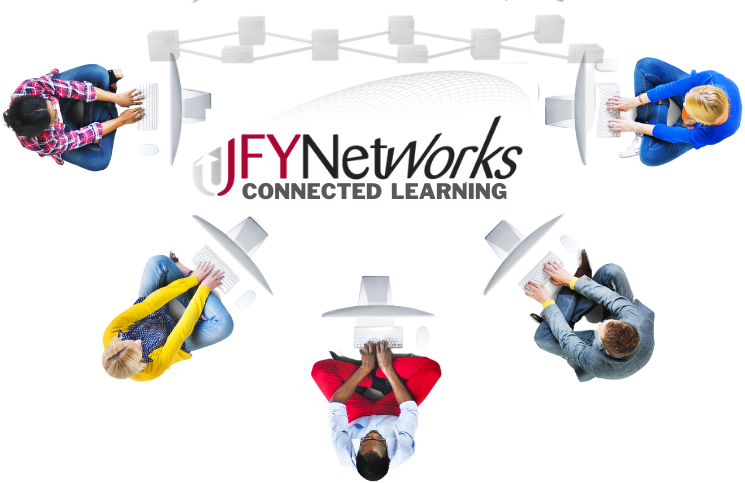School will be opening. But how?
by Gary Kaplan
School will be opening September 16. How it will open is still uncertain. Three operational models have been defined by the Department of Elementary and Secondary Education: fully in-person, fully remote, and a hybrid of the two. It is up to each district to decide which option to choose. The decisions will not be strictly pedagogical: much will depend on health and safety conditions. Final school plans for reopening are due at DESE August 10.
Whichever model a district chooses, two educational conditions seem highly likely:
- Student skills will demand substantial re-building to overcome learning loss and reduce achievement gaps;
- Online learning will be a central component of all three operational models.
Online learning will be central because of the unlikelihood of a full return to in-person, in-school instruction. Many districts have already decided to start the year fully remote. It is highly possible that districts will shift between models during the year according to health and safety conditions. An online learning program follows the student from school to home and back. All lessons and performance data remain intact. Continuity of instruction and learning is uninterrupted. Constant real-time feedback on student performance enables teachers to maintain meaningful connectedness with students. These are valuable functions; but online learning as a core methodology is unfamiliar to many teachers. They will need training and support.
JFYNetWorks can help schools design their re-opening plans and implement the online components in the fall. Our JFYNet online learning program provides DESE’s recommended engaging core instruction focused on grade-level content standards, with specialized strategies for High Needs students. For teachers, JFYNet gives intensive yearlong personal training and support from our Learning Specialists.
JFYNetWorks has been providing instructional support to schools since 2000. The JFYNet online learning program is state-approved and monitored and approved by PartnerBPS.
The key elements of JFYNet are:
- Comprehensive ELA and math instructional content aligned to all state standards in grades 5-12, with integrated assessments and performance data to track student progress, and specialized alignments for MCAS, SAT, Accuplacer and other ancillary needs;
- Yearlong Professional Development to train and support teachers, including training webinars and tutorials, regular communication through virtual meetings, office hours and group conferences;
- Extensive supplemental curriculum resources for science and social studies;
- Compliance with DESE’s requirements for alignment to state standards and High Needs accommodations, with granular student performance data to inform grading policy.
When schools closed in March, teachers in our partner schools were able to continue instruction remotely using the same JFYNet resources they had been using in the classroom. All instruction and performance data remained intact online. More than 2000 students were able to access their accounts without interruption. We continued to work closely with teachers via email, text and video conferencing to track and support students’ learning and teachers’ needs. We are continuing now with summer programs and will fully support our partner teachers in the fall in all operational models.
Our online instruction is shaped and controlled by teachers. It can be used as support for the teacher’s course curriculum, or as the core curriculum. It includes integrated formative assessments, providing constant real-time feedback on student performance that teachers can use to shape instruction to individual student needs. The delivery of that individualized content is self-paced, allowing each student to learn at his or her own pace. This individualized, self-paced capability enables teachers to address different learning styles and varying degrees of content mastery. Online instruction is the only method with the range and flexibility to meet all students’ needs. JFYNet provides teachers with yearlong training, coaching and support in the methodology and practice of online pedagogy, whether in the classroom or remote.
We have used the properties of online instruction to develop a range of strategies for the specific needs of SPED and EL students, described in our training webinars. They fulfill DESE’s requirements with field-tested and proven instructional plans that can operate in all program models. For economically disadvantaged students, as for others, the individualized and self-paced nature of online instruction enables teachers to create learning plans customized to each student’s needs.
The state’s grade-level standards chart a clear path to graduation and the goal of college and career readiness. Whether or not MCAS is given, we know that the shutdown has disrupted the pace of learning and caused significant learning loss. Teachers need a way to assess each student’s level of content mastery and a curriculum stockpile from which they can assign appropriate instruction. JFYNet gives teachers a standards-aligned baseline to assess individual skill levels, assign the needed instruction, and measure progress.
Even as operational models shift in the course of the year, online content and data will serve as the anchor of instruction and accountability. The stability of the JFYNet online environment will provide continuity of teaching and learning no matter what changes might come.
Gary Kaplan is the executive director of JFYNetWorks
JFYNetWorks is a Boston-based nonprofit provider of online learning resources, training and support.
HOW ARE WE DOING? In our pursuit to serve up content that matters to you, we ask that you take a couple of minutes to let us know how we’re doing? Please click here to be navigated to our JFYNet Satisfaction Survey. Thank you!





